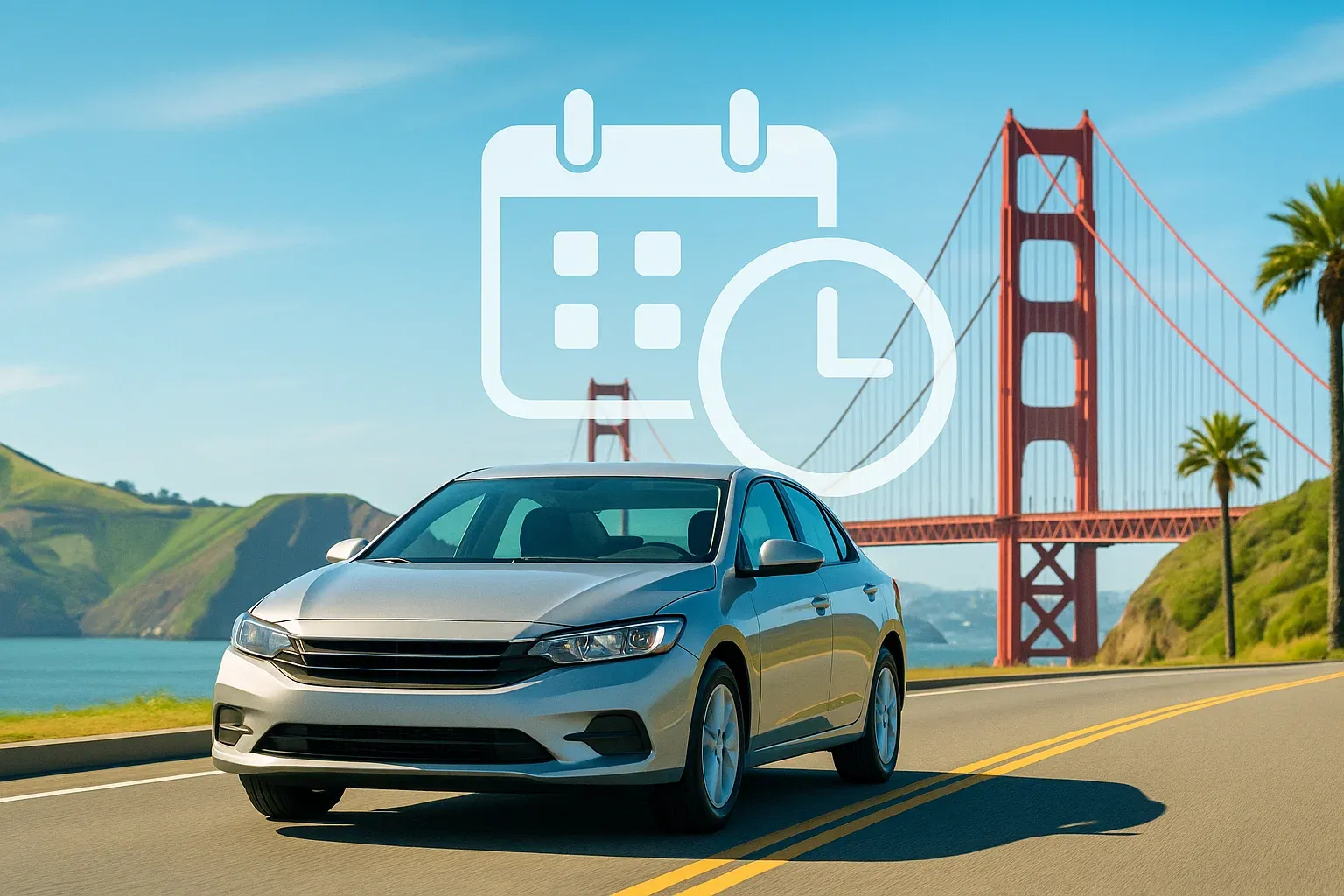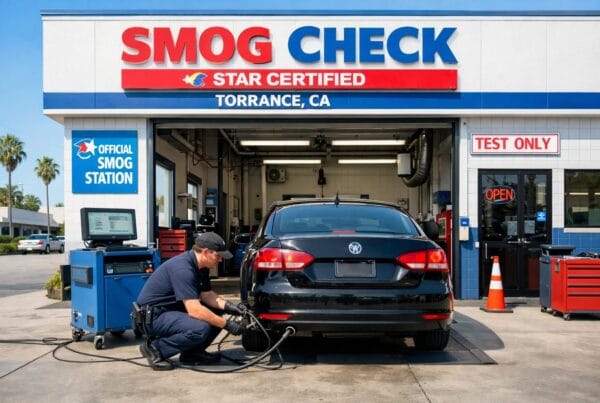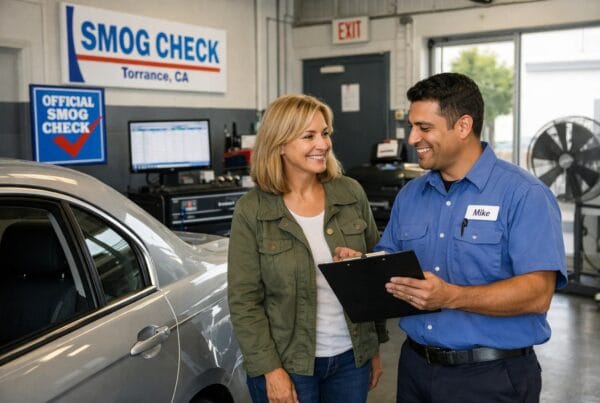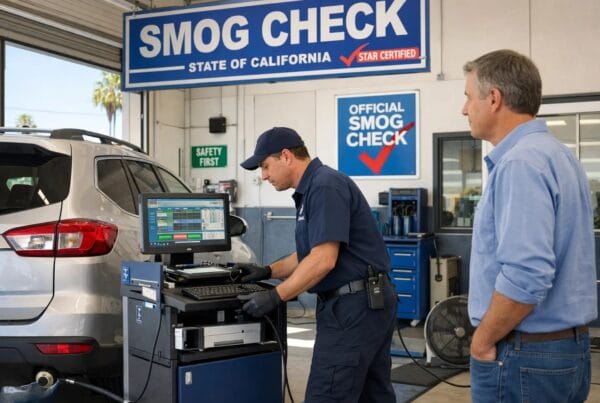California, with its commitment to clean air, has some of the most stringent vehicle emissions regulations in the nation. A crucial part of this effort is the smog check program. If you’re a California resident or plan to become one, understanding the requirements for smog checks is essential. The question often arises: “How often do I really need a smog check?” Let’s break it down.
The Basics: What Triggers a Smog Check?
In most cases, a smog check is required for vehicles that are more than four model years old, especially when they are:
- Being sold: When you sell your vehicle in California, it’s generally the seller’s responsibility to provide the buyer with a valid smog certification. This certification must be issued within 90 days of the sale.
- Registering in California for the first time: If you’re bringing a vehicle into California from another state, it will typically require a smog check as part of the initial registration process.
- Undergoing biennial inspection: Most vehicles registered in California are required to undergo a smog check every two years. The California Department of Motor Vehicles (DMV) will notify you on your registration renewal notice if your vehicle needs a smog check.
- Being re-registered after an out-of-state transfer: If your vehicle was previously registered out of state and is now being re-registered in California, a smog check will be necessary.
Are There Any Exemptions?
Yes, certain vehicles are exempt from smog check requirements:
- Newer Vehicles: Generally, vehicles that are four model years old or newer are exempt. This exemption is in place because newer vehicles are expected to have lower emissions. However, this exemption does not apply to vehicles being sold or registered for the first time in California.
- Older Vehicles (Pre-1976): Gasoline-powered vehicles manufactured before 1976 are exempt from smog check requirements. This cutoff is due to different emissions control technologies and regulations in place at the time of their manufacture.
- Electric Vehicles (EVs) and Motorcycles: These vehicles do not produce emissions in the same way as gasoline or diesel vehicles, and therefore, they are exempt from smog checks.
- Diesel Vehicles (Pre-1998 & under 14,000 lbs GVWR): Diesel-powered vehicles from model year 1997 and older, as well as diesel vehicles with a Gross Vehicle Weight Rating (GVWR) of over 14,000 lbs, are exempt from the biennial smog check program. However, newer diesel vehicles require smog checks.
- Natural Gas Vehicles: Vehicles powered by natural gas with a GVWR of more than 14,000 pounds are exempt.
Understanding Your DMV Smog Check Notice
When your vehicle is due for its biennial smog check, your DMV registration renewal notice will clearly state “SMOG CERTIFICATE REQUIRED.” This is your cue to schedule an appointment at a licensed smog check station. It’s crucial to complete the smog check before your registration expires to avoid penalties.
What Happens if You Don’t Get a Smog Check?
If your vehicle requires a smog check and you don’t complete it by your registration renewal date, you won’t be able to renew your registration. This can lead to late fees and, more importantly, can result in penalties if you are caught driving an unregistered vehicle.
Tips for a Smooth Smog Check Experience:
- Don’t Wait Until the Last Minute: Schedule your smog check well in advance of your registration renewal deadline. This gives you time to address any issues if your vehicle fails the inspection.
- Perform Basic Maintenance: Ensure your vehicle is properly maintained, with inflated tires and a charged battery. An illuminated “Check Engine” light almost guarantees a failure.
- Drive Before the Test: Take your car for a good drive (at least 20-30 minutes) before the test to ensure the engine is at operating temperature and the vehicle’s onboard diagnostic (OBD) system is ready.
By understanding the “how often” and “why” behind California’s smog check requirements, you can ensure your vehicle remains compliant, contribute to cleaner air, and avoid unnecessary hassles. Stay informed, stay compliant, and keep California’s air clear!



